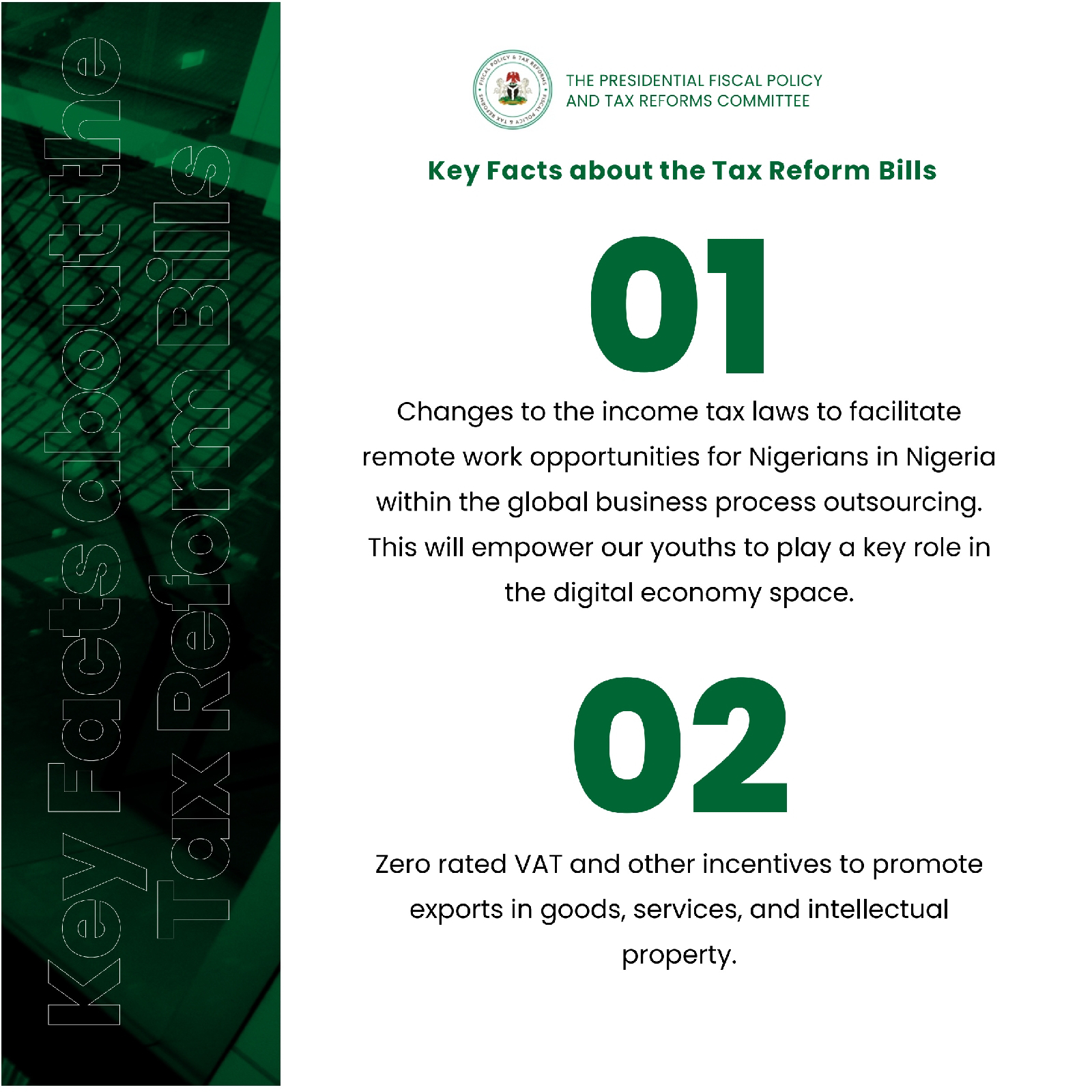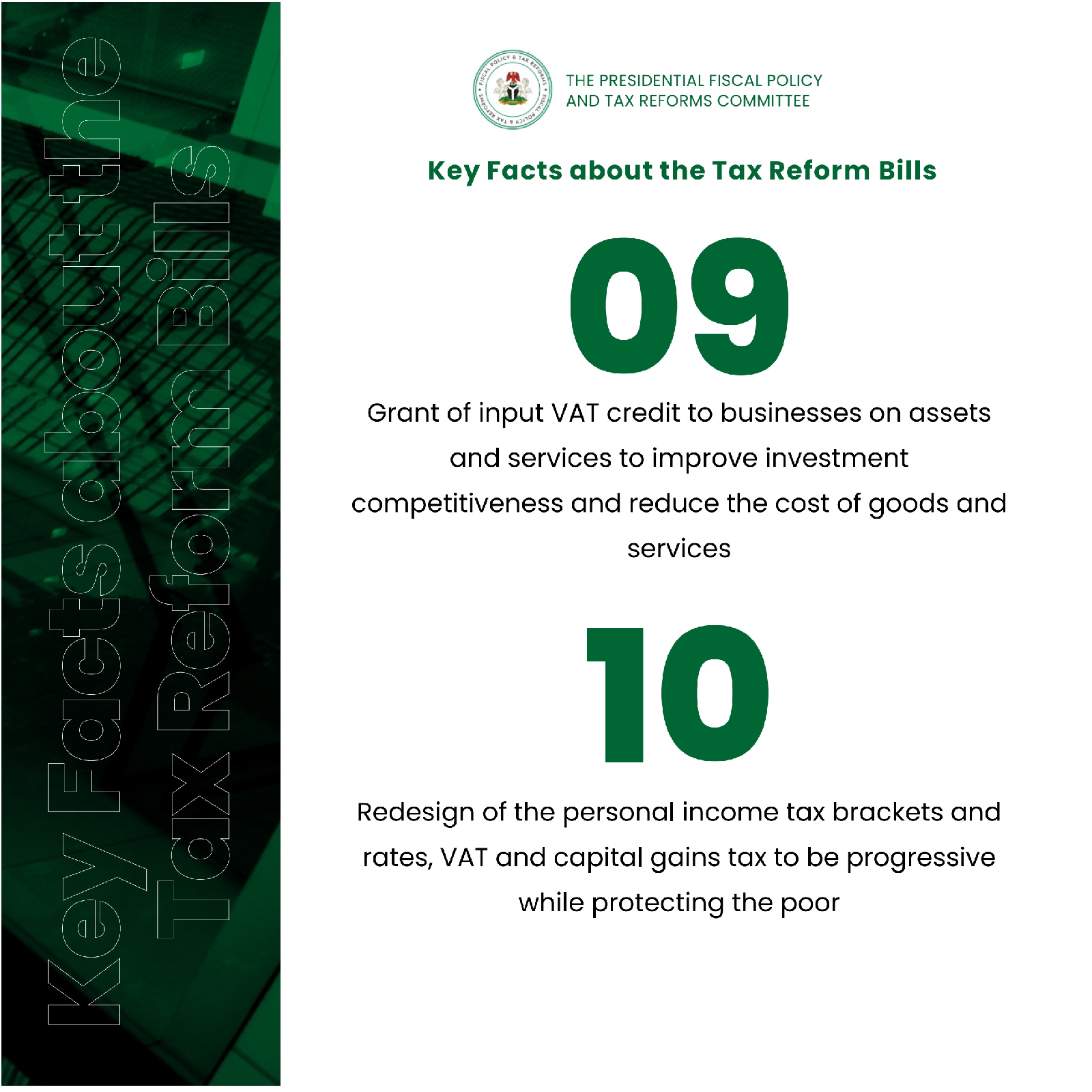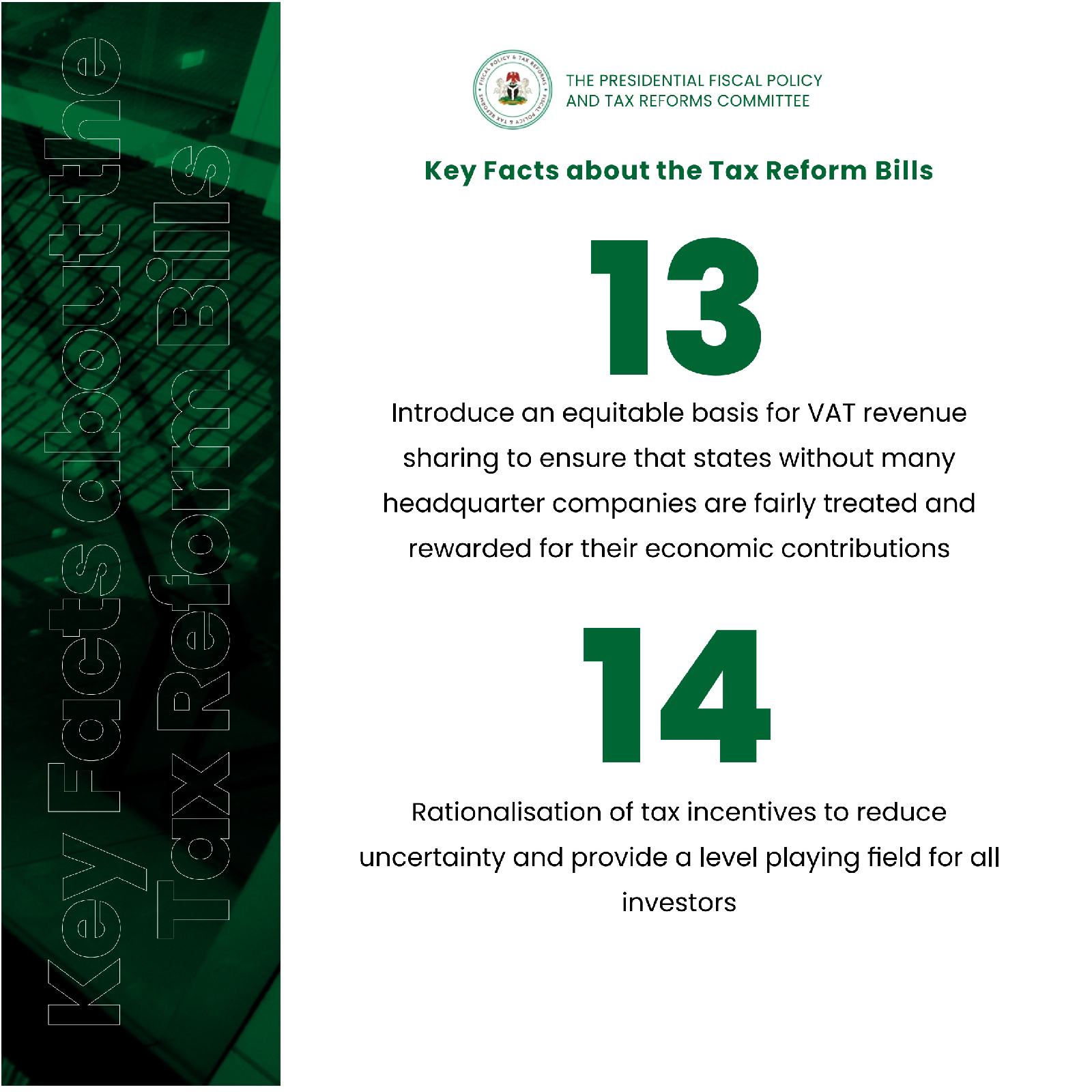1. ABIA : On your way to Umuahia, come down at Bus stop gate in Umuahia, take a cab going to Ohafia via Igbere. Tell the driver you are going to Igbere before Abriba. Once you stop at Igbere which is just about 400 - 500 naira from Umuahia. Cross to the other side of the road and walk straight to camp. Please, on no account should you tell the driver that you're going to Bende, because Bende Town is a bit far from Igbere where your camp is located.
2. ANAMBRA : Coming from Onitsha, go to upper iweka and enter a bus going to Awka, as soon as you'd enter the bus, don't forget to remind the driver or conductor that you'll be stopping at Amawbia junction. When u get there, look for a bike man or keke that'll take you into the camp at Umuawulu. The distance from Onitsha to Amawbia is from 20 to 40 minutes and the total price might range from 400 to 500. Coming from Awka, go to unizik junction and enter a bus going to Onitsha, as soon as you'd enter the bus, don't forget to remind the driver or conductor that you'll be stopping at Amawbia junction. From there, get a Keke or taxi straight to NYSC orientation camp in Umuawu/Abaukwu
3. KANO : On your way to Kano state, tell the driver to drop you at Unguwa uku. When he stops, you'll see buses waiting to drop people at Karaye camp at the rate of 600 to 800 naira, but if the driver didn't stop you at Unguwa uku, then stop at the final bus stop, Sabon-gari park at new road and board a Keke to Bata for 50 to 70 naira, from there, find a bus to Kabuga park, when you'd get to Kabuga park, board a bus to Karaye camp.
4. JIGAWA : From Kano, take a bus going to Dutse, tell the driver that you'll stop at the NYSC orientation camp in Fanisau, the journey will last for about 1 hour 30 minutes. The camp is located opposite an Army barrack.
5. BAUCHI : From the last bus stop in Bauchi, take a taxi to Muda Lawal park, then take another bus going to Wailo from the park. The NYSC orientation camp is located in Wailo.
6. RIVERS : When you'd get to Port harcourt, stop at Eleme junction, and ask for directions where Nonwa or Gokana buses are loading, and board a bus to the orientation camp. Make sure you'd tell the driver that you're going to the camp, the NYSC orientation camp is along the road. The journey is about 1 hour.
7. OYO : When you'd get to Ibadan, stop at Iwo road. From Iwo road, take a taxi of 250 to 500 naira going to Ojoo and tell them to drop you at Iseyin park. From Iseyin park, take a bus going to the orientation camp for up to 1000 to 1200 naira and be prepared for more that 2 hours journey.
8. DELTA : For those coming to Delta from Lagos and the whole of South West or Benin, enter Asaba bus or Onitsha bus and tell the driver to drop you at Issele-Uku junction. When you'd get to the junction, cross the express and take a bike straight to the orientation camp, which will range from 150 - 200 naira. For those coming from Enugu and the whole of South east, enter Onitsha bus and stop at upper Iweka, from upper Iweka, enter Asaba bus from 200 to 250 naira and drop at Koko junction which is the last bus stop and from there you'll see Issele-uku bus. Enter the bus and drop at Issele-Uku junction. When you'd get to the junction, cross the express and take a bike straight to the orientation camp, which will range from 150 - 200 naira. The journey to Issele-uku from Asaba is about 25 to 35 minutes.
9. ADAMAWA : From Yola, take a taxi to Vinikilang. From Vinikilang, you'll get a Keke straight to the camp. You can also take a drop that will carry only you or with your friends straight to the camp from whichever park you are arriving from. The price for a drop will range from 800 to 1200 naira.
10. KATSINA : From Kano, board a bus going to Katsina, from the park in Katsina, you'll get a bike straight to the camp, located at Mani road.
11. NASARAWA : From Abuja, board a bus and stop at Mararaba, and take about 300 naira bus to Keffi and tell the driver to stop you at the NYSC orientation camp.
12. CROSS RIVER: From Lagos and South west states, stop at Calabar and take a straight bus to Obubra and tell them to stop you at Obubra junction, and enter a bike of 25 to 300 straight to the NYSC orientation camp. From Abuja, enter a Calabar bus and tell the driver that you'll be coming down at Obubra junction, at Obubra junction, enter a bike of 250 to 300 straight to the NYSC orientation camp. From Onitsha, stop at upper Iweka and enter IKOM motor, tell the driver that you'll be coming down at Obubra junction, at Obubra junction, enter a bike of 250 to 300 straight to the NYSC orientation camp.
13. SOKOTO : From the park in Sokoto city, get a bike man and tell him to take you to Wamakko. It will cost you from 250 to 300 naira, the camp is located at the left side of the road.
14. KADUNA : From the Kaduna city, enter a bus going to Chikun local government, tell the driver that you're going to the NYSC orientation camp. The camp is located at the Kaduna/Abuja expressway and costs 250 to 300 naira from the city.
15. KOGI : From anywhere in Kogi state, board a bus going to Kabba, stop at the last bus stop and board a bike to the NYSC orientation camp.
16. OSUN: From Osogbo, enter a bus going to Ede, as soon as they stop you, look for a bike that'll take you straight to the NYSC orientation camp for the rate of 200 to 300 naira. From Lagos, Ibadan, Kogi, Abeokuta or Abuja, look for a bus going to Osun state, immediately you get to Ife or Ilesha, tell the driver that you'll stop at Gbogan, from Gbogan, you will take a direct bus to the camp which is very close.
17. ABUJA/FCT : Stop at Jabi park, take a taxi or Keke to Wuse market and board a bus going to Kubwa village. The last bus stop is at Kubwa market, from the Kubwa market, the NYSC orientation camp is just a walking distance or you could just board a bike to the camp.
18. LAGOS : From Ikeja, take a bus to Iyana Ipaja, when you'd get to Iyana Ipaja, take a bus to Agege or Iyapaja and tell the driver to stop you at the NYSC orientation camp. From Ojota, take a bus to Oshodi, from Oshodi, take a bus to Iyana Ipaja and stop at their last bus stop which is under bridge, take the road on the right where you were stopped and walk down straight or ask people around the bus stop where the nysc camp is located and they will direct you appropriately. From Oyingbo, take a bus going to costain, when you'd get to costain, take a bus to Ojuelegba, from Ojuelegba, take a bus going to Oshodi, from Oshodi, take a bus to Iyana Ipaja and stop at their last bus stop which is under bridge, take the road on the right where you were stopped and walk down straight or ask people around the bus stop where the NYSC orientation camp is located and they will direct you appropriately.
19. OGUN : From Lagos, take a direct bus to Sagamu, when the bus stops, enter a bike straight to the orientation camp. From Abeokuta, take a bus to Sagamu, when the bus stops, enter a bike straight to the orientation camp. From Abeokuta to Sagamu is close to an hour.
20. IMO : Coming from Owerri, take a bus from Ama JK to Nkwerre. Make sure that you'd tell the driver that you're going to the NYSC camp in Eziama Obaire Nkwerre, stop at Nkume junction and take a bike to the camp. The distance from Owerri to the camp is like 40 minutes to 1 hour and the bus charge will be ranging from 400 to 600.
21. ENUGU : Coming from any part of Nigeria please proceed to Enugu City. When you get to Enugu City, locate Holy Ghost Park, ask for vehicles going to Awgu and board one of them straight to the camp. Coming from South, for eg. Port Harcourt-Calabar Axis. You don’t have to get to Enugu City, just board a bus heading to Enugu, inform the driver that you will be stopping at Awgu NYSC Camp. Remind him again, once you have passed Okigwe.
Coming by air, board an airplane to the Enugu Airport. From the terminal, hire a cab straight to the camp or you can get to Holy Ghost Park and board a vehicle straight to the NYSC Camp. A second option by air, is the Owerri Airport, from Owerri, proceed by road to Okigwe, from Okigwe you will easily get a cab to the Awgu NYSC camp.
22. BORNO : Coming from Kano, tell the drivers that you're going to Gumel in Jigawa state, they'll direct you to a place that you'll get a taxi. The taxi will take you to a place that you'll get a straight bus to the College of Education, Gumel, where the temporary orientation camp is located.
23. YOBE : From Kano, get a direct bus going to Yobe. The camp is located at Potiskum. From Lagos, take a direct bus to Potiskum. From Onitsha, take a direct bus to Potiskum.
24. GOMBE : From Gombe park, enter a straight bus to the camp. The orientation camp is located at Science Technical college, Amanda, km 21, Gombe-Bauchi Highway-near International Airport Gombe.
25. AKWA IBOM : From AKTC park in Uyo, you might see a direct bus to camp, but if you didn't see, there's another way to get to camp without problems. Take a Keke to a place called PORIENTATIOdown to Oron road and ask where they board Nsit Atai buses.
26. KWARA : From Ilorin, take a bike to Maraba, that's where you'll get bus going to Yikpata camp. The buses will stop you at the camp entrance.
27. BAYELSA : Get a bus going to Yenagoa and tell the driver to stop you at Mbiama (just before they enter Bayelsa), at Mbiama you will see cabs going to Kaiama, join one and tell them you will stop at Kaiama park. From Kaiama park, take a direct bike to camp.
28. EDO : From Benin, take a bus to Okada. From Okada, you'll see a cab or bike that'll take you straight to the orientation camp.
29. TARABA : The NYSC orientation camp in Taraba is located at Sibre Airport Road, Jalingo. On your way to Jalingo, you'll be dropped in the gate of the NYSC camp, because it's located at the express.
30. ZAMFARA : From Kaduna, stop at Kawo park, get a bike or taxi to NDA junction where Zamfara park is located and get a bus to Zamfara, the camp is along the road at Tsafe LGA.
31. BENUE: From Makurdi last bus stop, cross to the other side and directly in front of Winners Chapel church, there are cars going to Gboko, from Gboko, you'll drop at the NYSC camp just after police college by the road side.
32. PLATEAU : From Jos, take a straight bus to Mangu where the orientation camp is located for a rate of 500 naira. The journey will take 45 minutes to 1 hour.
33. EBONYI : From Abakaliki, enter a bus to Afikpo Macgregor camp. Stop at the junction and take a straight bike to the camp.
34. KEBBI : From Mando park in Kaduna, get a vehicle going to Yauri/Kontagora, drop at Yauri. From Yauri, get a vehicle going to Koko. After dropping at Koko, get a straight cab to the orientation camp located at Dakingari. From Ibadan, get a vehicle going to Kontagora, Niger state, drop at Kontagora and get a vehicle going to Koko. After dropping at Koko junction, get a straight cab to the orientation camp located at Dakingari.
35. NIGER : From Minna, take a bike to Mobil filling station and take a bus straight to Paiko where the orientation camp is located.
36. EKITI : From Ado-Ekiti, get a straight bus to the NYSC orientation camp located at Ise-Emure Ekiti. The price for the bus will be around 400 naira.
37. ONDO: From Akure, take a taxi to Benin garage, you'll see a vehicle going to Ikare. From the last bus stop, take a bike straight to the orientation camp.
nyscupdateng

















